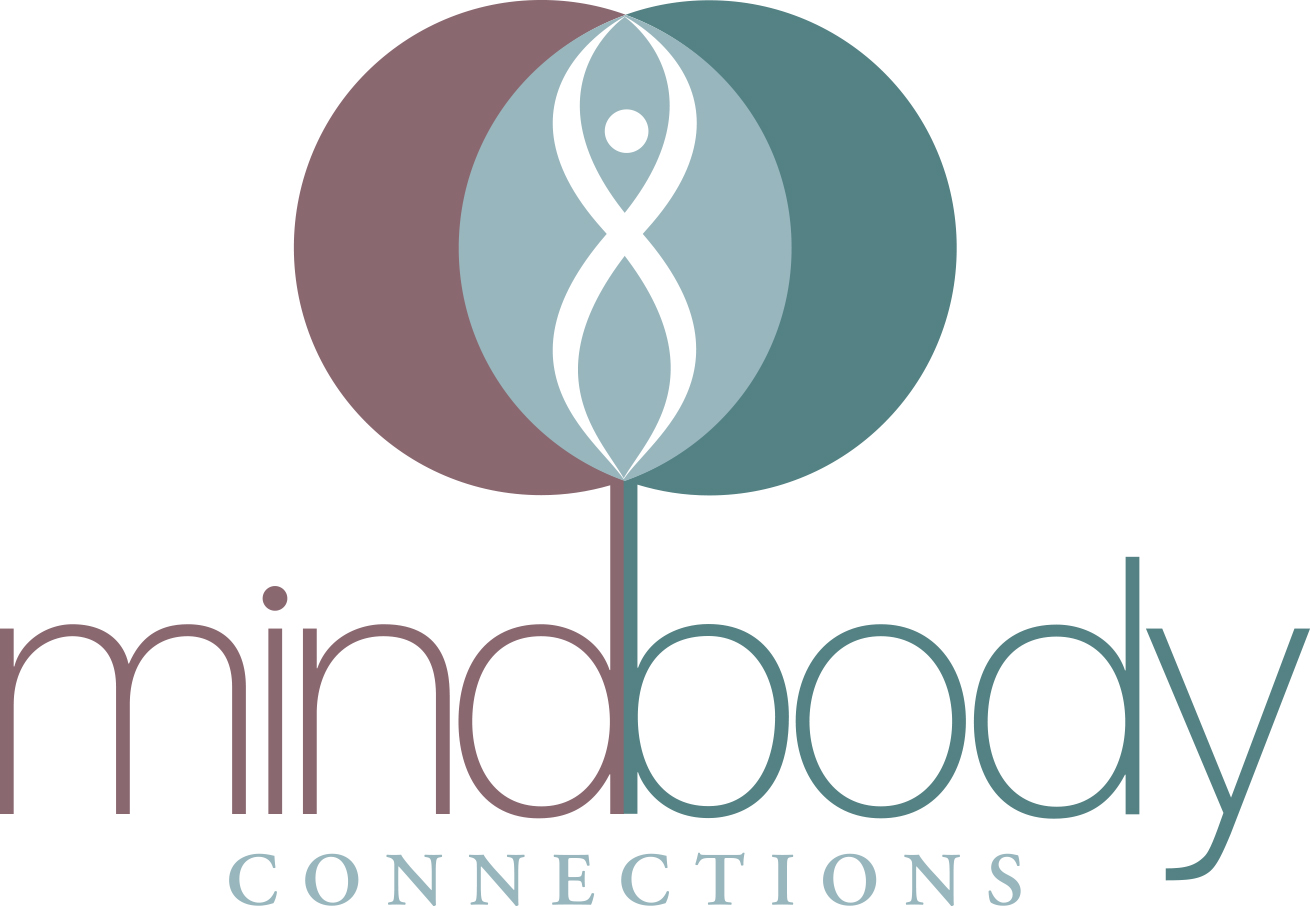
The term “re-parenting” is frequently used to describe the process of turning inward and providing our younger selves with the care and love we may have lacked in early childhood. This internal work is crucial because when our younger parts don’t receive the nurturing they need, we can develop various symptoms—many psychological diagnoses are linked to early attachment wounds.But what if we could begin this re-parenting process with the body? After all, the body is how we initially experience and understand our environment. It’s the non-verbal realm where we form our understanding of ourselves in relation to the world and others, and it’s the foundation of the primary relationship between a child and their parent.
In my work as a dance/movement therapist, I encounter many individuals with early childhood traumas and attachment wounds that have led to significant pain. I’ve observed that some wounds simply cannot be resolved through cognitive understanding alone. We must connect with the body’s felt experience of the pain—the pre-verbal, implicit memories held within. Just because something isn’t consciously remembered doesn’t mean it doesn’t profoundly affect our lives. And because these memories are non-verbal, they can be exceptionally difficult to address with words.
Therefore, I turn to my knowledge of the body. Let me share with you the first way we learn to trust on a body level. As infants, our bodies naturally “yield” into the environment, which includes the arms of our caregivers. This could involve how we are swaddled, how a bouncy seat supports us, or other forms of physical containment. Our body yields, softens, and receives the support provided by the “other.” However, what happens when that “other” doesn’t feel safe, isn’t consistent, or isn’t attuned to our needs? Quite simply, we accommodate, often after desperately trying to get our needs met and failing. Unfortunately, we often withdraw as a form of self-protection. This withdrawal prevents our bodies from experiencing the safety and trust that the environment could otherwise offer.
Therefore, in the therapy space with a somatically informed therapist, the concept of YIELD becomes a way to introduce a new experience to the body—the beginning of re-parenting. Yielding is often the experience that was missed, which means trust wasn’t established in that pre-verbal space, and we have been compensating ever since.
To begin your re-parenting in the non-verbal realm:
Take a moment to notice the support you are receiving from the surface beneath you—whether you are standing, sitting, or lying down. Recognize that the object or person is, in fact, supporting and holding your body. Allow your body to be fully supported by yielding into it. Yielding is like opening all the cells on your skin, relaxing your muscles completely, releasing your energy into, rather than pulling away from, and consciously allowing your body to yield. Notice how this feels and what thoughts or emotions arise.
Next, if you are sitting, breathe into your “back body.” If you are lying face down, breathe into your “front body.” Breathe into that surface area, open the cells, release the muscles, and exhale completely. Allow the other half of your body to feel supported by the half that is receiving support from the outside world. So, if you are sitting on a couch, breathe into your “back body” and yield your back body into the couch for support. Then, the front body is supported by the back body, like a hammock. Exhale deeply. Can your whole body yield? What does this feel like for you?
If this exercise feels scary, impossible, or inaccessible, then trust of the “other” may be a significant challenge. Your body may have learned to pull away, not trust, and has likely learned to accommodate—perhaps through fierce independence or the belief that you are “on your own” in the world. What if you could re-pattern this so that your relationships with others feel more trusting, solid, and stable? A body-based clinician at MBC can support you in this journey of re-parenting so that you can cultivate healthier relationships with yourself and those you love.
